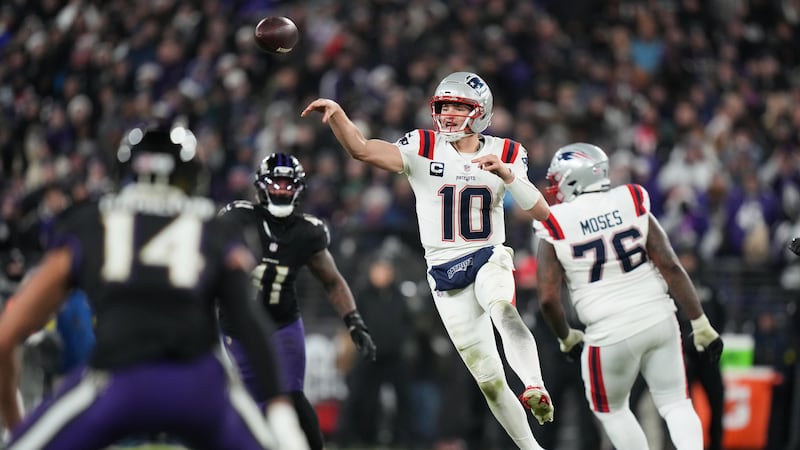With credit and debit cards, and services like Venmo and Apple Pay, cash seems a little passé these days, but there could be a hidden cost to all this convenience.
Shoppers like Sarah Mattera definitely prefer plastic to paper when it comes to paying for their purchases. "Really just the convenience," she said. "It's a faster transaction -- and the points."
At the Booty by Brabants pop-up at Legacy Place in Dedham, cash is an endangered species, according to owner Kelly Brabants. "Right now, about 95% of our transactions are credit or debit, and about 5% are cash."
WATCH BOSTON 25 NEWS
A recent survey by the Pew Research Center found that 29% of Americans routinely don't use cash in a given week, up from 24% four years ago.
"It's kind of scary. You're swiping, there's not that connection you have with cash, it's not that ‘Oh gosh, I am spending $20,' it's like ‘Oh, I will think about how much I spent later,' " said Brabants.
That can make overspending a real danger, according to financial planner Dana Levit, of Paragon Financial Advisors in Newton. "If you were going to spend $100 dollars going out to dinner and you had a $100 bill in your pocket, you would make sure you kept it under $100... if you're paying with a credit card and it ends up being $115 or $120, you don't notice it the same way."
Research also shows cash shoppers tend to be more satisfied with their purchases. Levit said credit cards are great for impulse shopping. "It's not something that you thought of. It's just something that you see, that you want. It's immediate gratification."
Northeastern University Professor David Choffnes, an expert in cybersecurity, said every electronic transaction leaves some kind of digital fingerprint, providing valuable information to retailers.
"If you think how your Google searches reveal what you're thinking about, your credit card purchases reveal what you want, what you need, and that information can be used to target you along a number of different axis," he said. A common example would be the advertisements that pop on a consumer's computer or phone that linked to a previous computer search.
In Sweden, more than 90% of all transactions are now electronic.
The numbers here are expected to grow as more young people become economically active, but Choffnes doesn't believe the rate will go quite as high here because Americans place a high value on privacy.
Cox Media Group





